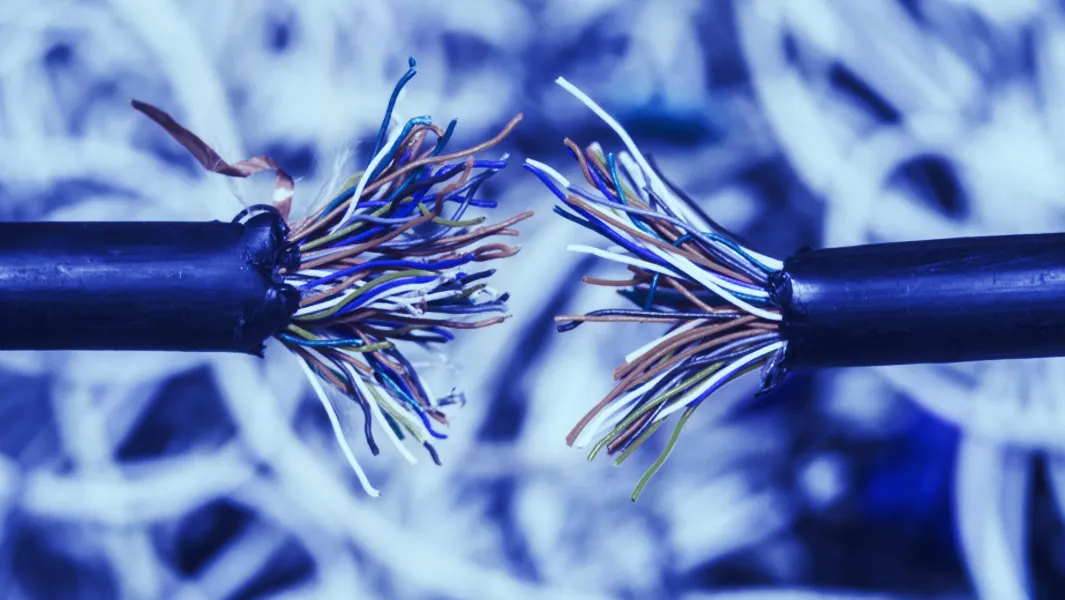Bitcoin Cash has had a hard ride. After splitting from the Bitcoin network in 2017, it has been lambasted by critics as “BCash” and “not the real Bitcoin.”
Yet it faces an even bigger problem: During the recent “hash wars” between two competing versions of Bitcoin Cash, the fight became a power grab between just a handful of players. Now that the network has split into two different blockchains, each has become even more centralized. In fact, 60% of the hashing power on one of the new blockchains is controlled by a single company.
So who really controls Bitcoin Cash? First up, let’s look at Bitcoin Cash ABC, the supposed “winner” of the fight. On November 18, 50% of the network was controlled by two mining pools, BTC.com and Antpool. Both are owned by one company, Bitmain technologies. For Bitcoin SV, the other blockchain to emerge from the Cash hard fork, 60% of the network is currently controlled by Coingeek and only four parties are actually mining it. In short, neither fork is truly decentralized.
The control over the network means these few players are effectively free to control it any way they wish, for good or ill. “If one party has more than 50% of the mining power they essentially 'own' the network for as long as they have more than 50%,” says Chris Pacia, lead developer at decentralized marketplace OpenBazaar. He adds: “It essentially makes the network centralized, under the control of that one party.”
What would monkey business look like? Pacia explains that one bad result could be censoring transactions—one side dictating which transactions can go through. Another bad outcome could be denial of service attacks, which would make it difficult for any transaction to go through—and cause transaction fees to skyrocket, accruing to the few "centralized" miners who control that network. Likewise, double-spends could occur, to defraud merchants (who think a payment has gone through, only to find it reversed.) Such problems could, “wipe out days or more of economic activity,” he says.
Of course, there are strong incentives for everyone to behave. The few miners who now control the two networks arguably will want to keep them working in an above-board way, and profit from normal transaction fees and mining rewards.
But, even if we assume the best behavior of the centralized miners, the split has left both forks in a weakened state and more vulnerable to outsider attacks.
“An investor with significant Bitcoin holdings might profit from undermining Ethereum, or undermining a fork of Bitcoin such as Bitcoin Cash,” says Joseph Bonneau, assistant professor at New York University, in a research paper.
In other words, he argues that undermining one cryptocurrency might increase the value of a rival one. That's what’s known as a "Goldfinger attack," after the James Bond villain who tried to destroy a large gold supply to make his gold more valuable. Alternatively, Bonneau says, someone could attack a cryptocurrency while shorting it, to profit off its falling value. Both forks now have far less hash power to fight off such a crippling, outside attack.
Roger Ver and Craig Wright, chief scientist at nChain, who control large parts of the two Bitcoin Cash blockchains, have nailed their colours to the mast in terms of wanting their version of BCH to succeed. Will the two call a truce now that the dust has settled?
Unlikely. Wright has already threatened further attacks against his rival. Cryptocurrencies were supposed to escape the petty rivalries of warring powers and nation states by scattering control among the many. The Bitcoin Cash debacle proves that even the most cryptographically secure plans of mice and men often go awry.

